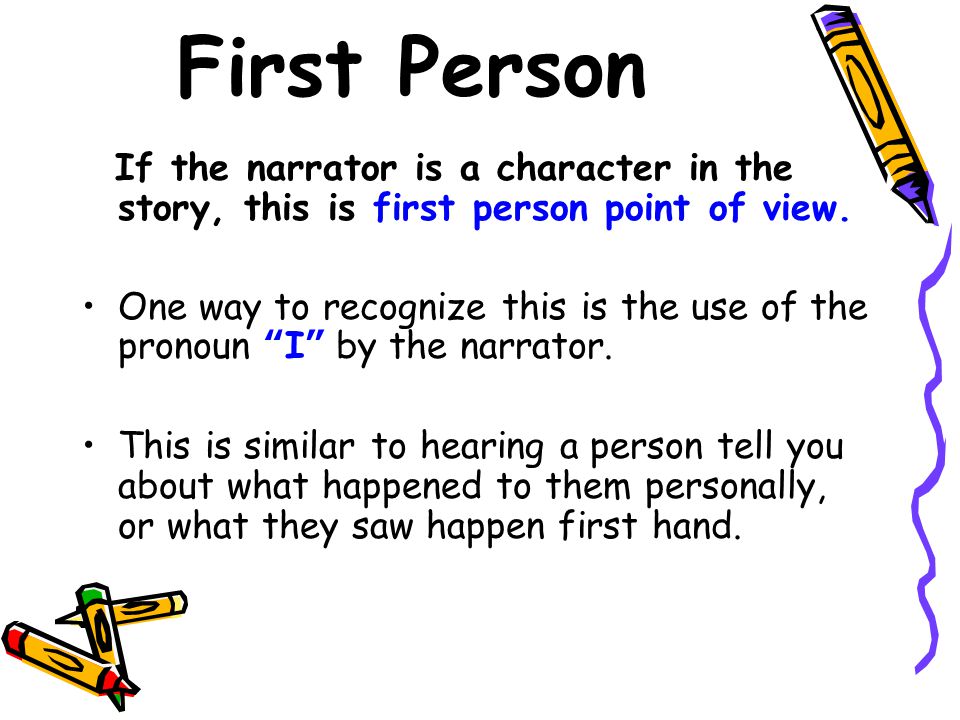

The themes become a kind of meter against which all the stories make their particular, chiming rhythms. Music’s power to make indelible impressions. the at once intransigent and fragile nature of the “self.” Guilt, shame, and regret for mistakes made.

Memory’s power and fragility how identity forms. Nostalgia and longing for the charged, evocative moments of young adulthood. The stories echo with Murakami’s preoccupations.

All are told in the first person, most by narrators looking back from the vantage point of middle age on youthful experiences, obsessions, or encounters. Here we have a taut and tight, suspenseful and spellbinding, witty and wonderful group of eight stories. “ First Person Singular marks a blazing and brilliant return to form. David Means, The New York Times Book Review Describing how these stories succeed is like trying to describe exactly why, more than 50 years later, a Beatles song still sounds fresh.” his own voice to enter the narratives, creating a confessional tone that reminded me of Alice Munro’s late work. Whatever you want to call Murakami’s work-magic realism, supernatural realism-he writes like a mystery tramp, exposing his global readership to the essential and cosmic (yes, cosmic!) questions that only art can provoke: What does it mean to carry the baggage of identity? Who is this inside my head in relation to the external, so-called real world? Is the person I was years ago the person I am now? Can a name be stolen by a monkey?. That’s the thought that occurred to me often as I read First Person Singular, the brilliant new book of stories by Haruki Murakami. These shimmering stories are testament to Murakami’s talent and enduring creativity. In “The Yakult Swallows Poetry Collection,” the collection’s one nonfiction piece, Murakami recounts how baseball and writing, the twin passions of his youth, grew together in the stadium of his beloved Yakult Swallows. Murakami finds ample material in young love and sex, showcased in “On a Stone Pillow,” in which a young man’s brief tryst with a coworker, unremarkable in itself, takes on a degree of immortality after she mails him her poetry. Murakami’s gift for evocative, opaque magical realism shines in “Charlie Parker Plays Bossa Nova,” in which a review of a fictional album breathes new life into the ghost of the jazz great, and “Confessions of a Shinagawa Monkey,” wherein a talking monkey ruminates with a traveler on love and belonging. The one thing shared by the collection’s eight stories is their use of the first-person-singular voice. Murakami’s engrossing collection (after the novel Killing Commendatore) offers a crash course in his singular style and vision, blending passion for music and baseball and nostalgia for youth with portrayals of young love and moments of magical realism.


 0 kommentar(er)
0 kommentar(er)
